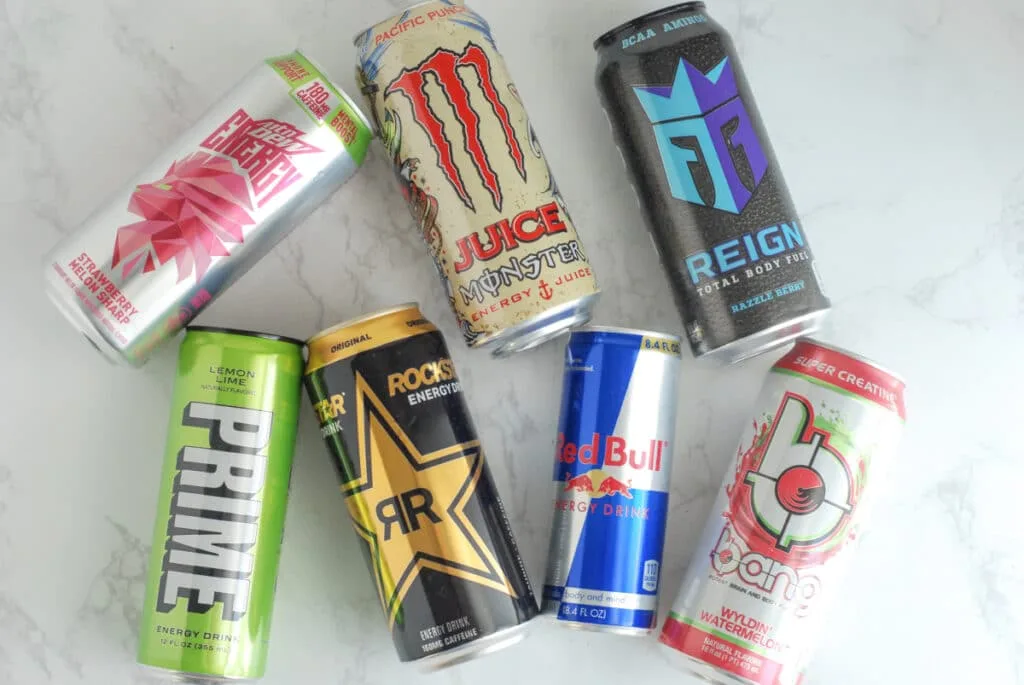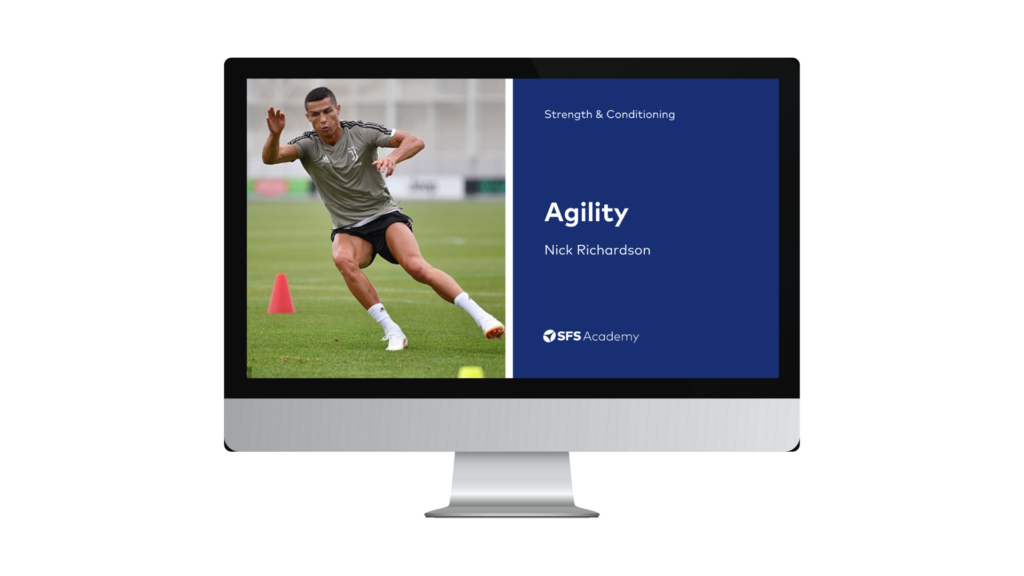This week in the world of sports science, here’s what happened…
- Can tart cherry juice improve athletic performance and aid post-workout recovery?
- Are lifting straps beneficial for females for deadlift performance?
- Is daily energy drink consumption recommended?
Can tart cherry juice improve athletic performance and aid post-workout recovery?

Tart cherry juice is a popular supplement for its potential health benefits. It is often consumed by those looking to reduce heightened blood pressure and it has been recommended as an effective sleep aid too. In recent years it has become popular among athletes and exercisers as an effective sports supplement. It is often proposed that it can boost athletic performance and aid in post-workout recovery.
An excellent recent article by Insider investigated these claims. The article referenced a study involving eight male cyclists competing in a 9-mile race. Interestingly, tart cherry juice consumption did speed up the cyclists’ finishing time. However, concluding that tart cherry juice improves athletic performance on this finding is rather misleading. Concerning post-workout recovery, the article references promising evidence from a systematic review. Intriguingly, supplements rich in polyphenols like tart cherry juice were found to be “fairly convincing in causing a quicker recovery of muscle function”.
This article is worth checking out. While more evidence is needed on tart cherry juice, it certainly has some promising research, especially for post-workout recovery.
Are lifting straps beneficial for females for deadlift performance?

Many people wear lifting straps to preserve grip strength during exercises like the deadlift. Thus, increasing the likelihood of performing more reps of the exercise. Unfortunately, most of the research on lifting straps has been conducted with males. However, this month a new study examined the effect of lifting straps on deadlift performance in females.
Ten women with an average training experience of 3.2 years took part in the study. The testing protocol required 3 sets of as many deadlift reps as possible. The deadlift weight was 80% of the participant’s 1RM. The participants completed one protocol with lifting straps and one protocol without lifting straps.
The results of the study showed when using lifting straps, significantly more reps were performed. Lifting straps also had no negative impact on barbell velocity. Therefore, lifting straps can potentially be beneficial for deadlift performance in females and their use should be considered.
Is daily energy drink consumption recommended?

The energy drinks market is a multi-billion-dollar industry. More than 30% of young adults regularly consume energy drinks. However, the safety of regular energy drink consumption is debatable. Last week an excellent article by EatingWell discussed daily energy drink consumption and its effects on the body.
The article discusses the research that links caffeine in energy drinks to improved alertness, elevated mood, increased reaction time, and improved physical endurance. For these reasons, energy drinks are popular among students looking for a brain boost or exercisers looking for an energy boost prior to a workout.
However, the article acknowledges that large amounts of caffeine and other stimulants can trigger anxiety or lead to trouble sleeping. Daily energy drink consumption can also cause a dependence on caffeine. It is also worth noting that the FDA does not monitor the amount of caffeine in energy drinks. So hopefully the energy drink companies are being honest with their ingredient labels!
Furthermore, the consumption of energy drinks by children and teenagers is strongly opposed by the article. The article summarises that while energy drinks can be an occasional pick me up from time to time, daily consumption of energy drinks is not definitely recommended.
From us this week:
>> New course: Relative Age Effect
>> New podcast: How Physios and S&C Coaches Can Learn From Eachother To Accelerate Their Careers
>> New infographic: The Complete Guide To Hypertrophy Training
>> New article: Hypertrophy Training: The Complete Guide (Plus Workouts)
Access to a growing library of sports science courses
SFS Academy is an all-access membership to premium sports science education.
With SFS Academy, you’ll learn from some of the best coaches around the world as they teach you how to apply the latest research and practice with your athletes.
Get instant access when you join today on a 7-day free trial.
I hope you enjoyed this week’s roundup of the hottest sports science news, and as always, we’ll be back next week with more to keep you at the forefront of the industry.



